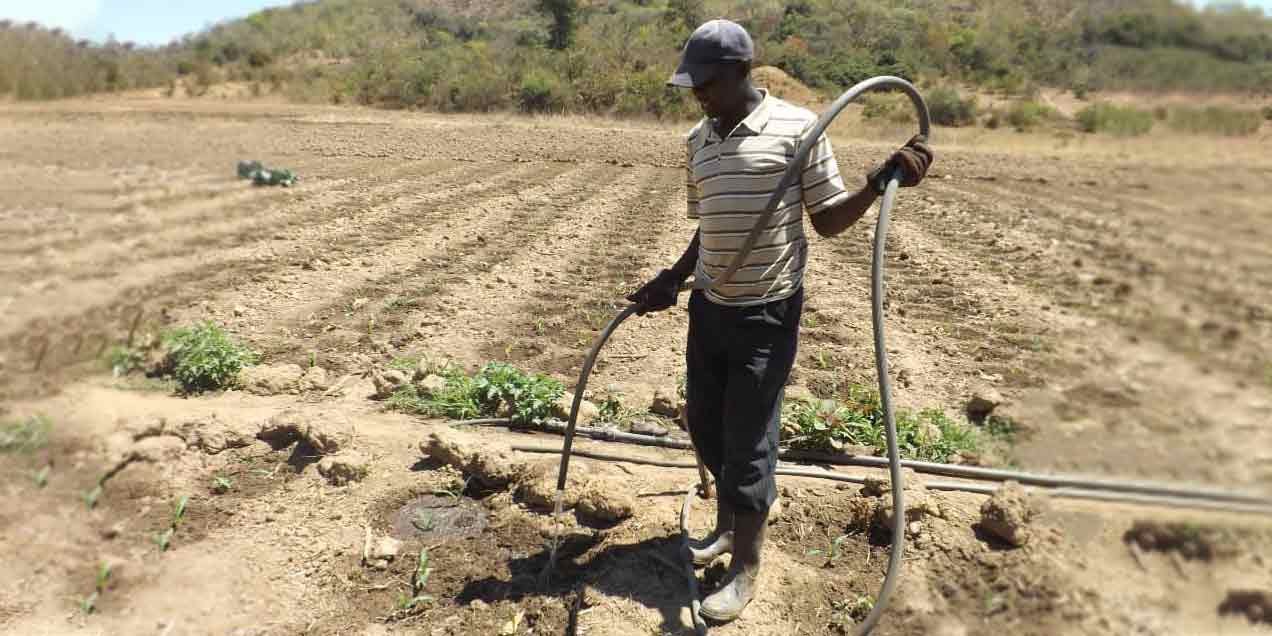Climate Mitigation Efforts for Zambian Smallholder Farmers: A Path to Sustainability

Introduction
Zambia faces the urgent task of addressing climate change impacts on its agricultural sector, a vital component of its economy and the mainstay of its rural communities. Smallholder farmers, key to this narrative, confront the direct consequences of climate variability and extreme weather events. Zambia's response, a beacon of proactive and comprehensive climate mitigation, aims to safeguard these farmers and the nation's food security. This article provides an in-depth look at the multifaceted strategies Zambia employs, from the grassroots to the national level, in building a resilient agricultural landscape.
In Zambia, a country where agriculture forms the backbone of the economy and sustenance for the majority, the impacts of climate change are not just a future threat but a present reality. Smallholder farmers, the most vulnerable group within this sector, face the brunt of climate variability and extreme weather events. These challenges threaten not only their livelihoods but also the nation's food security and environmental health. However, amidst these daunting challenges, Zambia has embarked on a commendable journey of climate mitigation, focusing on empowering its smallholder farmers with the tools, knowledge, and resources to adapt and thrive. This article delves into the innovative strategies and measures being implemented to safeguard Zambia's agriculture from the adverse effects of climate change, highlighting the roles of government, NGOs, and the farmers themselves in this crucial fight for sustainability.
Embracing Climate-Smart Agriculture
Climate-Smart Agriculture (CSA) is at the forefront of Zambia's mitigation strategies, aiming to transform agricultural systems to support development and ensure food security under the changing climate. CSA's goals include increasing agricultural productivity sustainably, adapting and building resilience to climate change, and reducing or removing greenhouse gases where possible.
Diversification and Crop Resilience
Zambia promotes crop diversification and the cultivation of climate-resilient varieties. By moving away from maize monoculture to drought-resistant crops like sorghum, millet, and legumes, smallholder farmers can better withstand harsh conditions, improve their diets, and enhance soil health.
Water Management Techniques
With water scarcity exacerbated by climate change, Zambia emphasizes efficient water management. This includes rainwater harvesting, small-scale irrigation schemes, and conservation agriculture practices like minimum tillage, maintaining soil cover, and crop rotation to conserve water and improve soil health.
Leveraging Technology and Innovation
Technology and innovation are critical in providing smallholder farmers with tools for climate mitigation. Weather forecasting apps and SMS services offer timely information on weather patterns and farming practices, enabling informed decision-making.
Strengthening Policies and Partnerships
Zambia's government, NGOs, and international partners have developed policies supporting climate mitigation, such as access to finance, investment in resilient infrastructure, and market access for resilient crops. Partnerships with research institutions are crucial for developing resilient crop varieties and farming techniques.
Empowering Through Education and Training
Education and training programs in sustainable agriculture, financial literacy, and climate risk management empower smallholder farmers to adapt to and mitigate the impacts of climate change effectively.
Conclusion: A Journey Towards Resilience
Zambia's efforts towards climate resilience exemplify the potential for innovation, policy, and community engagement to build a sustainable future. By empowering smallholder farmers, Zambia is navigating the challenges of climate change, ensuring food security, and promoting environmental sustainability.